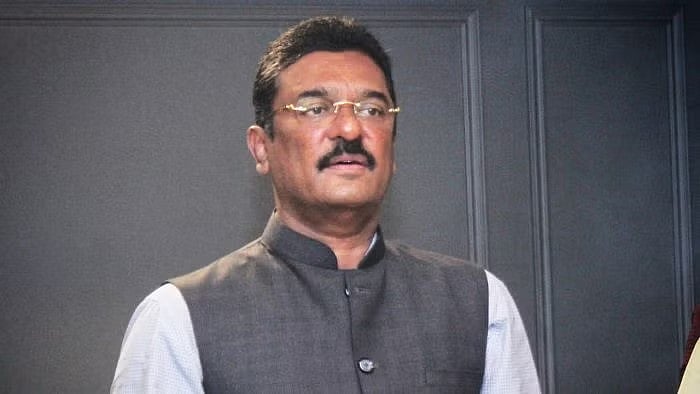Mumbai: The Bombay High Court has come down heavily on the Union of India and its Central Government Health Scheme (CGHS) for denying full medical reimbursement to a voluntarily retired Central Government employee, for a life-saving heart transplant surgery.
The court declared the denial "not the correct and a legal stand of the respondents," emphasising that a "narrow, pedantic and/or a too technical view has been taken" by the High Power Committee (HPC).
Anirudh Prataprai Nansi, a senior citizen and a pensioner based in Mumbai, was forced to undergo a heart transplant at a private hospital, Sir HN Reliance Foundation Hospital, in December 2020 due to the critical nature of his condition and the unavailability of heart transplant facilities in CGHS-empanelled hospitals in Mumbai at the time. He incurred an expenditure of Rs 29,96,020, but was only reimbursed a paltry Rs 1,60,805 based on outdated CGHS Mumbai rates.
The core of the dispute revolved around whether a heart transplant could be considered a "planned surgery" and if the normal rules of medical reimbursement should be relaxed for such a critical and specialised procedure.
A bench of Justices Girish Kulkarni and Advait Sethna disagreed with the HPC's reasoning that the surgery was "planned" and thus not eligible for full reimbursement. "We fail to understand as to how a requirement of heart transplant cannot be considered to be an extraordinary and not an emergent and inevitable surgery," the court observed, highlighting the grave consequences of a failing heart.
The court underscored that the "right to life, which includes right to health and certainly right to avail of treatment, necessary to save one’s life" is a constitutional guarantee. It also highlighted that the respondents did not dispute the genuineness of Nsansi's medical condition or the expenditure incurred.
The judgment further noted the anomaly in CGHS rates, stating, "the reimbursement rates are not revised from time to time in the absence of which, they are rendered unrealistic." It emphasised that "any employee, merely because he has retired, ought not to be differently treated when it comes to genuine and realistic health expenditure."
In a strong rebuke to the HPC, the court stated, "the High Power Committee in its usual, routine and mundane method appears to have taken the impugned decision without hearing the petitioner, despite the clear orders of this Court in the prior proceedings filed by the petitioner."
The court concluded that “in a situation to save his life, the petitioner was certainly entitled to take a decision to have a heart transplant at a private hospital, in the absence of such facilities being readily/ timely made available, in all the empanelled hospitals”.

It asserted that: “Not granting full reimbursement, in these circumstances in our opinion, is not only violative of the fundamental rights but strikes at the very root, purpose and essence of these basic human rights as guaranteed by the Constitution, i.e., Right to Life under Article 21.”
The HC allowed Nansi’s petition directing the respondents to fully reimburse for his life-saving surgery.










